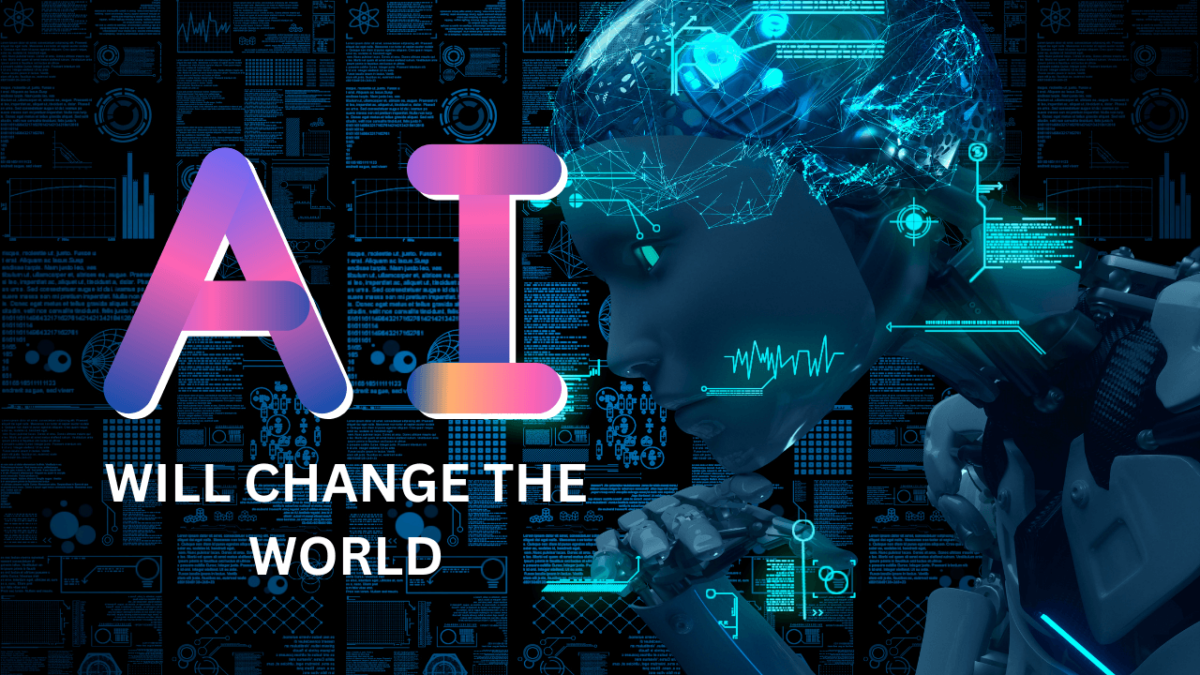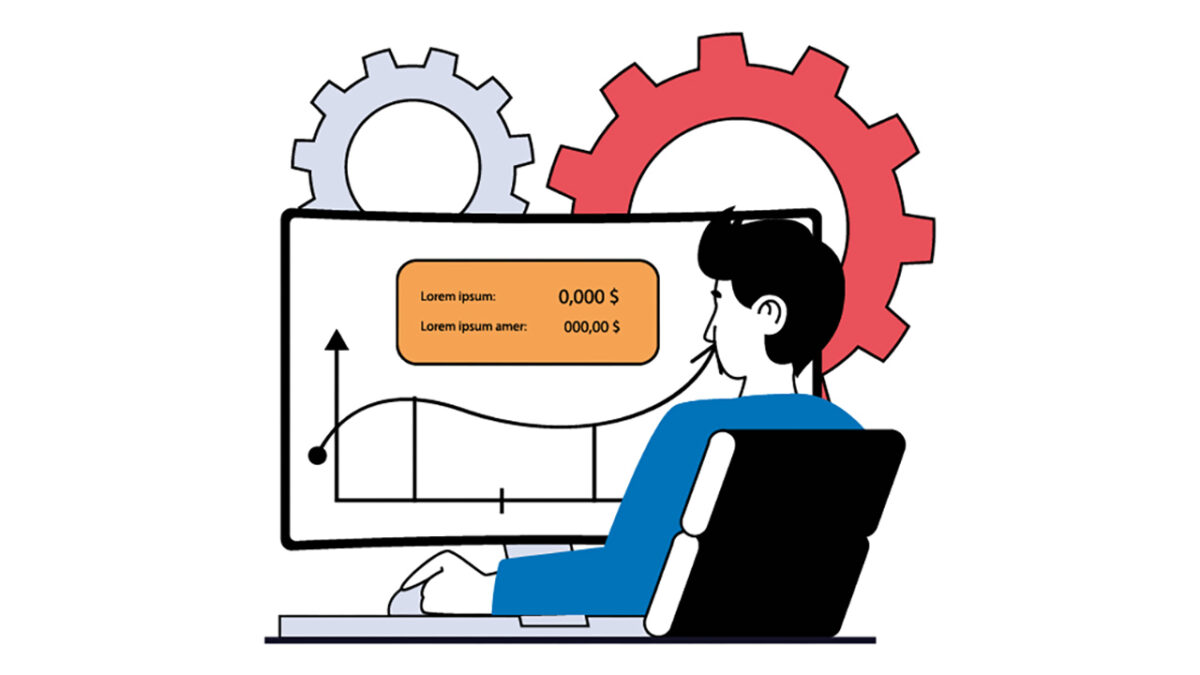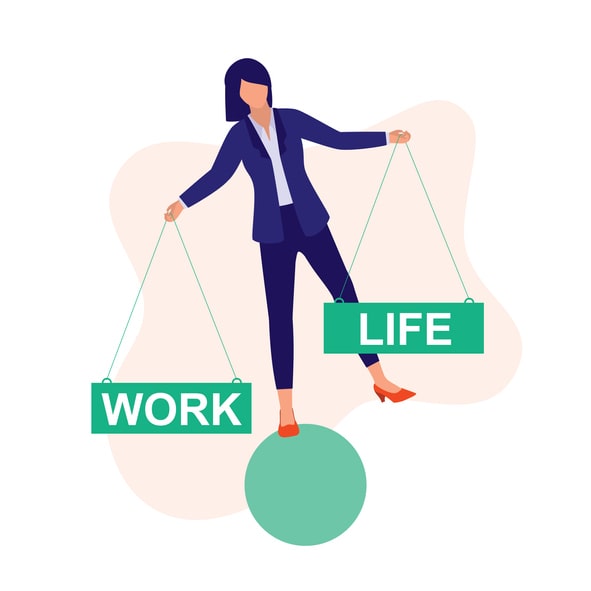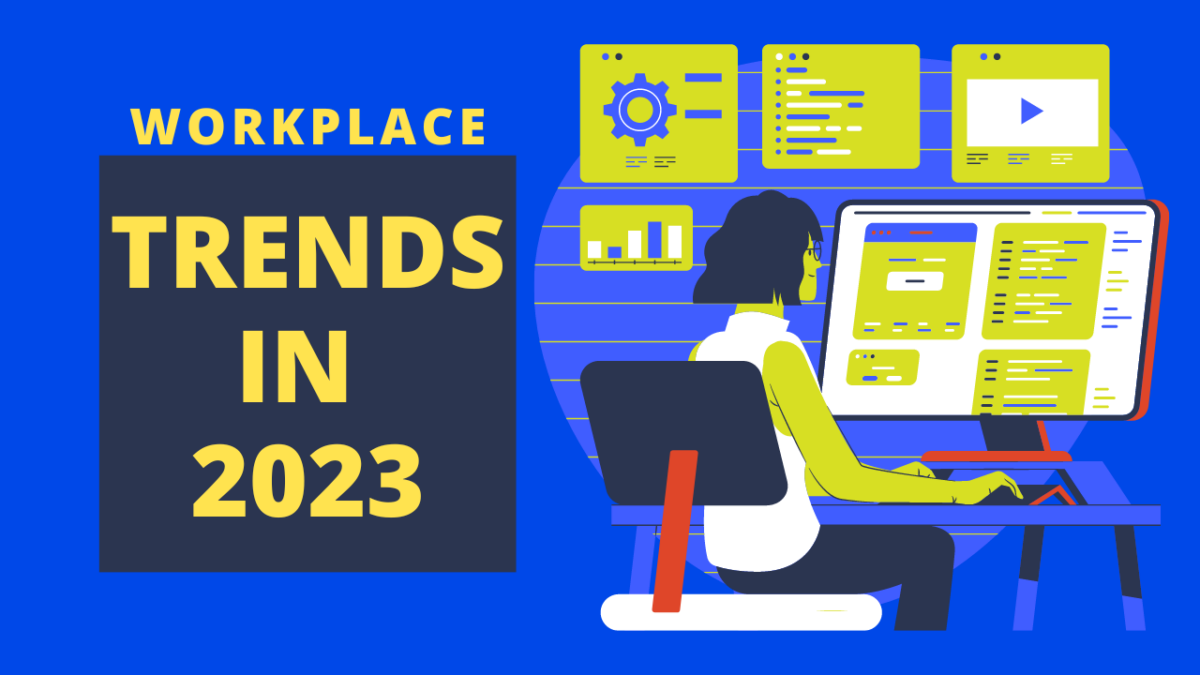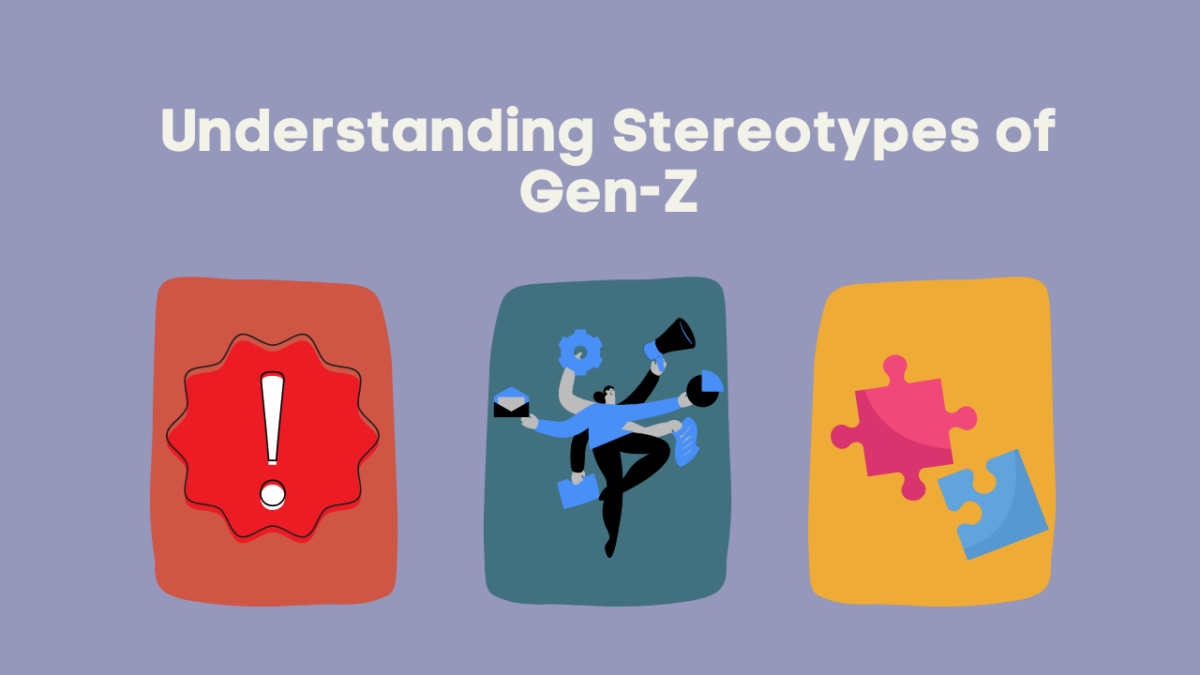Ah, Gen Z (the age group born mid-1990s to 2012) and members of the tech-savvy generation that rivals Millennials. Despite their young age, Gen-Z’s are making a huge impact on society and the workplace.
As with any member of an emerging generation, stereotypes tend to follow them wherever they go. It’s true – not all “Gen-Zers” fit into one skeletal frame.
We want to take a closer look at these truths. So whether you’re Gen Z or one of the people who have concerns about entering your workspace, let’s discuss what it’s like integrating this cohort at work today.
Debunking Stereotypes of Digital Natives In The Workforce
With each new generation entering the workforce, there is always some trepidation about how they will fit in and their impact on the workplace culture.
This group has been subject to many negative stereotypes, ranging from being entitled and lazy to being tech-obsessed and impatient. It’s time to debunk these false assumptions and discuss why Gen-Z is an asset to any organization.
Generation Z Have a Short Attention Span
According to recent research, Gen Zers have an attention span of about eight seconds. Which is four seconds less than the millennial generation.
This isn’t a huge surprise. After all, the members of Gen z spend countless hours scrolling on social media, playing video games, and being constantly bombarded with endless advertisements. The shorter, the better.
It gives Gen Z the unique skill of communicating effectively and concisely. They don’t like face to face communication and instead prefer digital mediums.
More than ever, companies are looking to cut through the noise and get their message across quickly. Gen Zers have mastered this art form. The best part is they have the digital know-how to back it up.
Gen Z Workers Are Multitaskers
Gen Zers are the masters of multitasking. They have grown up in an era of technology and information overload. So they have become adept at juggling multiple tasks and focusing on various stimuli simultaneously.
This skill is invaluable in the workplace as it allows them to complete tasks quickly and efficiently, especially when working with a team that requires several people to be engaged in different activities.
Not only does Gen Z excel at multitasking, but their natural ability to pivot between tasks makes them ideal for roles that require quick thinking and problem-solving skills.
As a result, employers are increasingly seeking out Gen Zers for positions such as customer service agents or project managers who can handle numerous tasks simultaneously to meet tight deadlines.
Businesses can benefit from increased performance and productivity by having employees who can easily switch gears.
Gen Z Workers Are Open Minded
In addition to multitasking capabilities, Gen Z also brings a unique perspective to the workplace that fosters innovation and creativity. These individuals tend to be very open-minded and have strong opinions about modern day topics such as sustainability, diversity, inclusion, etc.
Gen Zers often provide insight into modern consumer preferences and trends which can help inform product development decisions or marketing strategies that could prove beneficial for companies looking to stay ahead of the competition.
And the best part is Gen Z doesn’t just provide valuable insight. They are also eager to learn and grow in the workplace. They are always open to feedback and can easily adapt to new technologies or ideas that can help them succeed.
They are often inspired by their peers and take pride in collaborating on big projects. They can bring a wealth of knowledge, ideas, and perspectives that can improve the workplace. So don’t let the Gen Z stereotypes fool you. Gen-Zers have the potential to transform the workplace for the better.
Generation Z Is Tech Savvy
In our digital age, companies must stay ahead of the curve regarding technology and data usage. This is where Gen-Zers shine—they are comfortable with technology and can quickly navigate new systems or platforms.
They understand that technology is important in driving business success and are often more than willing to take ownership of tech projects or initiatives within the company. More than 60% of them spent their time online.
Gen-Z has the drive and passion for embracing technology and using it to its advantage. Their tech-savvy knowledge and skills make them invaluable in the workplace. They understand the importance of using data to inform decisions, are comfortable with automation, and can quickly pivot between tasks without missing a beat.
These capabilities allow Gen-Zers to stay ahead of the competition while providing businesses with better customer service, faster problem-solving times, and improved task efficiency.
This generation is also more likely than any other group before them to utilize digital tools for collaboration such as video conferencing platforms or cloud storage solutions for project management purposes. With these tools at their disposal, Gen-Z can work together from anywhere worldwide for maximum productivity gains.
Generation Z Expect Too Much from the Brands and Companies
Gen Zers have high expectations regarding the brands and companies they interact with. They want the products to be of top quality, customer service that is responsive and accurate, and their opinions to be heard.
Gen Z seemingly push brands and companies towards greater heights, pushing them towards higher standards of excellence and supporting them if their efforts are successful.
Gen Zer expects more from the brands and companies than any other generation before them, leading to greater accountability for those businesses and motivating improved results for all parties involved.
Gen Z has strong beliefs and opinions and is eager to share them with the world. They want to be part of conversations that shape our future.
They don’t just sit back and accept what is given; they actively seek ways to make a difference and contribute their ideas, energy, and enthusiasm. This can often mean better customer service, innovative products, and improved workplace processes for everyone involved.
Generation Z Want to Be Rewarded Quickly
Gen Z candidates expect to be promoted in one year or less. They are used to seeing results quickly and having their work recognized. They have grown up surrounded by technology that enables instant gratification.
Hence, they expect their hard work to be rewarded on time. Additionally, many Gen-Zers have been involved in competitive activities like sports or coding competitions, where rewards are received almost immediately after achieving success. Therefore, they often feel frustrated when promotions take longer than expected or tasks don’t provide immediate rewards.
This shows that Gen Z is particularly motivated to work hard and achieve results. Companies can use this to their advantage by creating reward systems that recognize the effort of Gen-Zers quickly, allowing them to feel appreciated for their hard work.
This could be through promotions, raises, or even verbal recognition from company leadership. And since Gen-Zers are always looking for ways to contribute, they will likely be more than happy to put in the extra effort if their work is appreciated and rewarded quickly.
Generation Z Want to Do Things, Not Buy Things
Gen Z is markedly less price-conscious and more likely to consider financially stable. Because of this, they are more concerned with their purchases’ impact on the environment and society.
They want to support companies that do good in the world, which often means making purchases based on a company’s social responsibility or sustainability policies.
Gen Z prefers experiences over things. They would rather invest money in travel, concerts, sports events or activities than material goods.
This generation is driven by purpose and wants to make sure their decisions impact the world around them. Companies must understand these values and cater to Gen Z’s needs to engage them effectively.
Generation Z Is Adaptable To Change
Change is inevitable in any workplace, but it can be especially daunting for those who have been around longer. After all, it’s hard to break old habits. But thanks to their tech savvy nature, Gen Z has no trouble adapting quickly; they don’t see change as something scary but rather as an opportunity for growth.
As a result, they don’t get stuck in old patterns or routines. Instead they embrace change head on and use it as a catalyst for creativity and problem solving.
Generation Z Is Not Entitled
One of the most pervasive stereotypes about Gen-Z is that they are entitled and expect everything to be handed to them on a silver platter.
This couldn’t be further from the truth. This generation is highly motivated and eager to work hard for what they want. They may not have decades of experience like other generations. Still, they bring enthusiasm for learning and tackling new challenges.
What are Some Common Stereotypes About Gen Z?
One of the most common misconceptions about Gen Zers is that they lack focus and attention to detail due to their frequent use of technology. But this doesn’t necessarily mean they are less productive or reliable than other generations. In fact, research suggests that Gen Zers are more productive than their predecessors in areas such as multitasking and problem-solving.
Another stereotype is that Gen Zers don’t have the necessary experience or skills for certain jobs. This isn’t true; while it’s true that some jobs may require prior experience, many employers are now recognizing the value of hiring younger workers who have fewer years of work under their belts but come with fresh ideas and enthusiasm for learning new things.
There’s a stereotype about Gen Zers being entitled or overly demanding regarding job expectations. While it’s true that some may have high expectations from their employers, there are also many Gen Zers who understand the value of hard work and commitment to excellence.
How Can We Challenge These Stereotypes?
We must start by changing our mindset regarding hiring young people to challenge these stereotypes. Employers should be willing to give young people a chance if they show potential, not just look at them as inexperienced or incapable because of their age alone.
It’s also important to recognize our biases against younger generations and ensure we don’t let them get in the way when hiring or promoting employees.
Generation Z in the Workplace
The future workforce will be drastically changed by Gen Zers, but by no means should that be seen as a threat or something to fear. Gen Zers bring unique skills, perspectives, and ideas that can provide invaluable insights for organizations looking to stay competitive in the 21st century.
Companies should embrace this generation and use the knowledge and abilities of these individuals to their advantage—the rewards will be immeasurable. Doing so will ultimately benefit everyone involved – employers get a motivated workforce. At the same time, employees gain valuable experiences and opportunities for growth. It’s a win-win!




